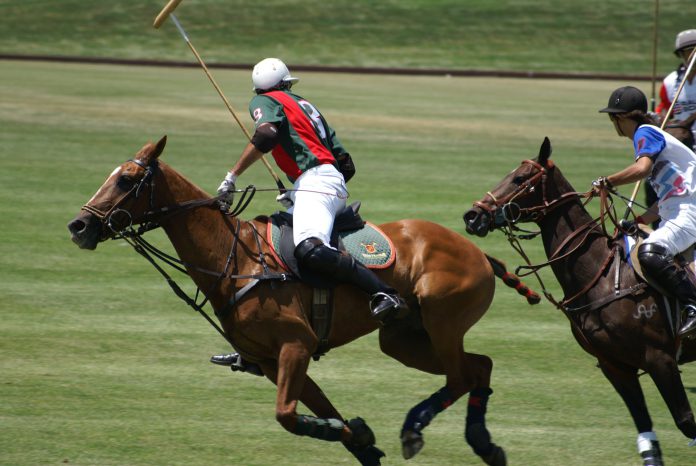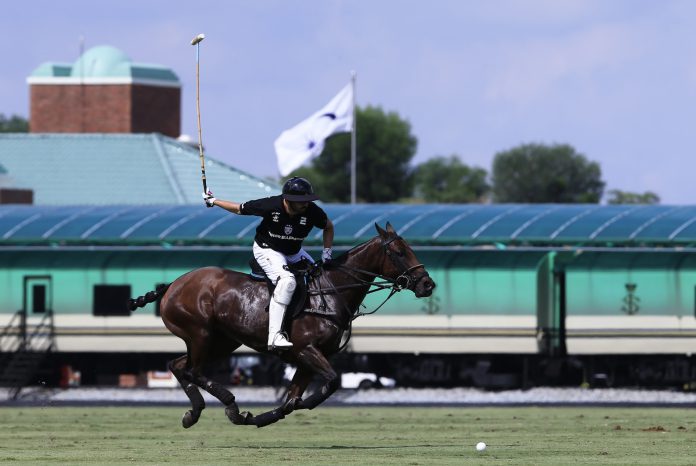Sabah Polo Association has been in a fix following the government’s ban on slot machine operations. This ban can threaten the survival of Sabah’s oldest sport.
Polo in Sabah holds a history of more than 40 years and without the income that is generated out of slot machine operation, the Sabah Polo Association will have to close down. This will affect not just the lives of the imported horses but will also lead to a loss of jobs for the Bajau staff. The association tried to get things under control but the state government refused to grant any trading licence for the operations of the slot machine.
David, Co-founder, Sabah Polo Association, said: “I wish the state government can make an exception as it affects our efforts to keep the sport (polo) alive.”The history of Polo in Sabah cannot be put down to a specific date since there are no written records with the association as to when the game debuted in the British North Borneo (Sabah). Some of the polo activities can be sourced from the book “The Sama Horsemen 1999” by Irenena Obon. The book narrates how the Hasballah family gained prominence in Kota Belud owing to their excellent equestrian skills.
Sabah Polo Association’s founder states that it was Datuk Galkhan bin Datu Hasballah’s father, OKK Hasballah, who came from a line of famous Native Chiefs, and led 120 Bajau Horsemen on ponies in 1952 to receive His Royal Highness, the Duke of Kent at the Jambatan Gantung (Hanging Bridge) in Kota Belud. OKK’s family also played polo against District Officer JS Chisholm’s team while the Dukes watched. Years earlier, Galkhan’s grandfather, OKK Haji Asrat, led a contingent of riders on ponies to receive the Duke of Windsor, uncle of the Duke of Kent in Jesselton (Kota Kinabalu) in 1922, though it was not known if this event was commemorated with a game of polo. His account of polo’s arrival in the peninsula dates back to the early 1900s.
It is learnt that British military introduced polo since the earliest polo club in Selangor was based on British Military property. Back then, polo was played purely by the royals and the elite. In the case of Sabah, the Bajau horsemen are the pioneers who were coached and encouraged by the British administrators. Polo was not just a part-time event for the Bajau horsemen. British planters and the company administrators played polo in their leisure time, but polo games and competitions had become a cultural activity for the Bajaus.
After the war, when North Borneo (then under Chartered Company) became a British colony, there were only a handful of Bajau horsemen who maintained the dwindling interest in polo in Kota Belud.
Some other references can be found in an article by Vivian William Ryves, “Kinabalu: the Sacred Mountain of British North Borneo”.





